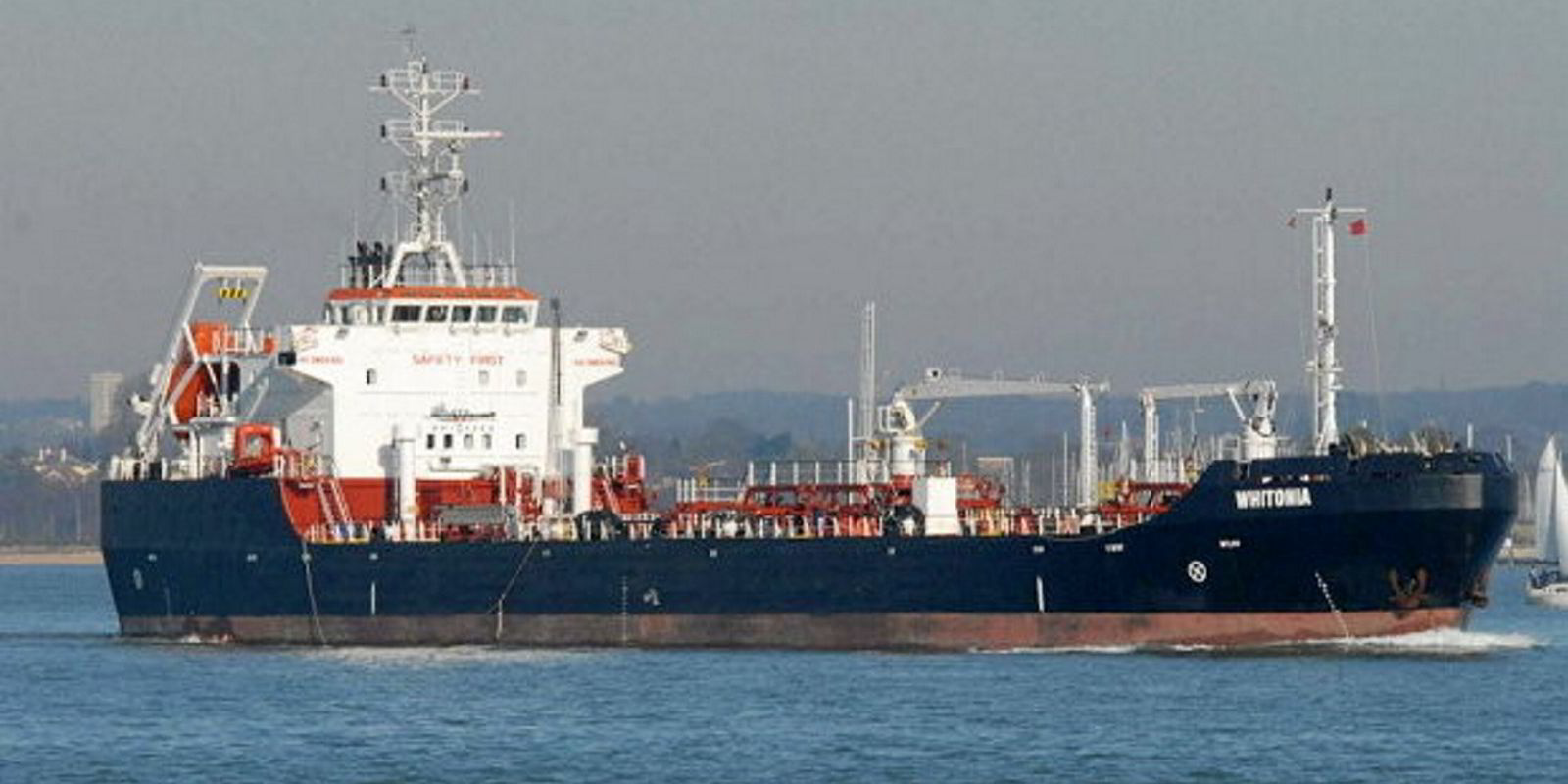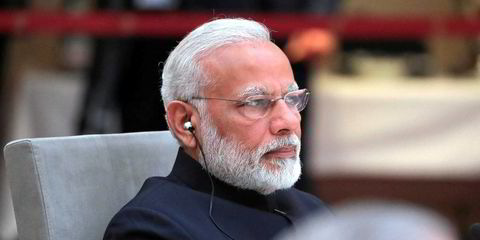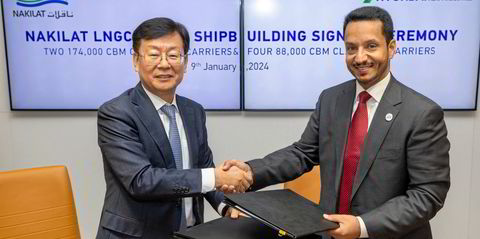Seacon Shipping has added another tanker to its rapidly expanding orderbook.
The Hong Kong-listed Chinese shipowner said in a filing that it is spending $30.1m on an 18,500-dwt product oil/chemical carrier at Wuhu Shipyard for delivery before the end of 2025.
The deal means Seacon has spent $339m on nine tanker newbuildings in a month.
The company said it received a quote from another shipyard at a similar price, but for delivery in 2026.
The owner expects to fund the tanker from internal resources and external financing.
Seacon said the deal is “in line with the ongoing strategy of the group to optimise its vessel fleet by gradually phasing out its older controlled vessels and replacing them with newer vessels and expand its controlled vessel fleet”.
Although primarily a bulker company, the owner has spotted an opportunity in tankers.
“The continuing conflicts and disruption in oil-producing nations in the Middle East since October 2023 have prompted increased demand for oil transportation,” Seacon added.
Bosses believe market conditions supporting the demand for chemical products will improve, leading to a greater global demand for logistics services.
Meeting demand
The new tanker will leave the company better able to meet charterers’ requirements.
The latest vessel is also more fuel-efficient and of higher operational efficiency than its other ships, Seacon said.
Last month, the company signed two separate orders for eight tankers in total.
Seacon, which is based in Qingdao, contracted four 18,500-dwt IMO type 2/3 chemical tankers at Fujian Southeast Shipbuilding at $32.3m each.
This followed hot on the heels of its debut in MR tankers with an order for four vessels at Chengxi Shipyard.
That order was made with CSSC Shipping, the shipowning arm of China State Shipbuilding. The partners will take delivery of four 50,000-dwt product carriers for $45m apiece in 2025 and 2027.
Included in the company’s owned fleet are 21 bulkers: one capesize, six panamaxes, seven supramaxes and seven handysizes.
Its tanker arm has three handysize product carriers, four chemical tankers and one small asphalt/bitumen carrier.





